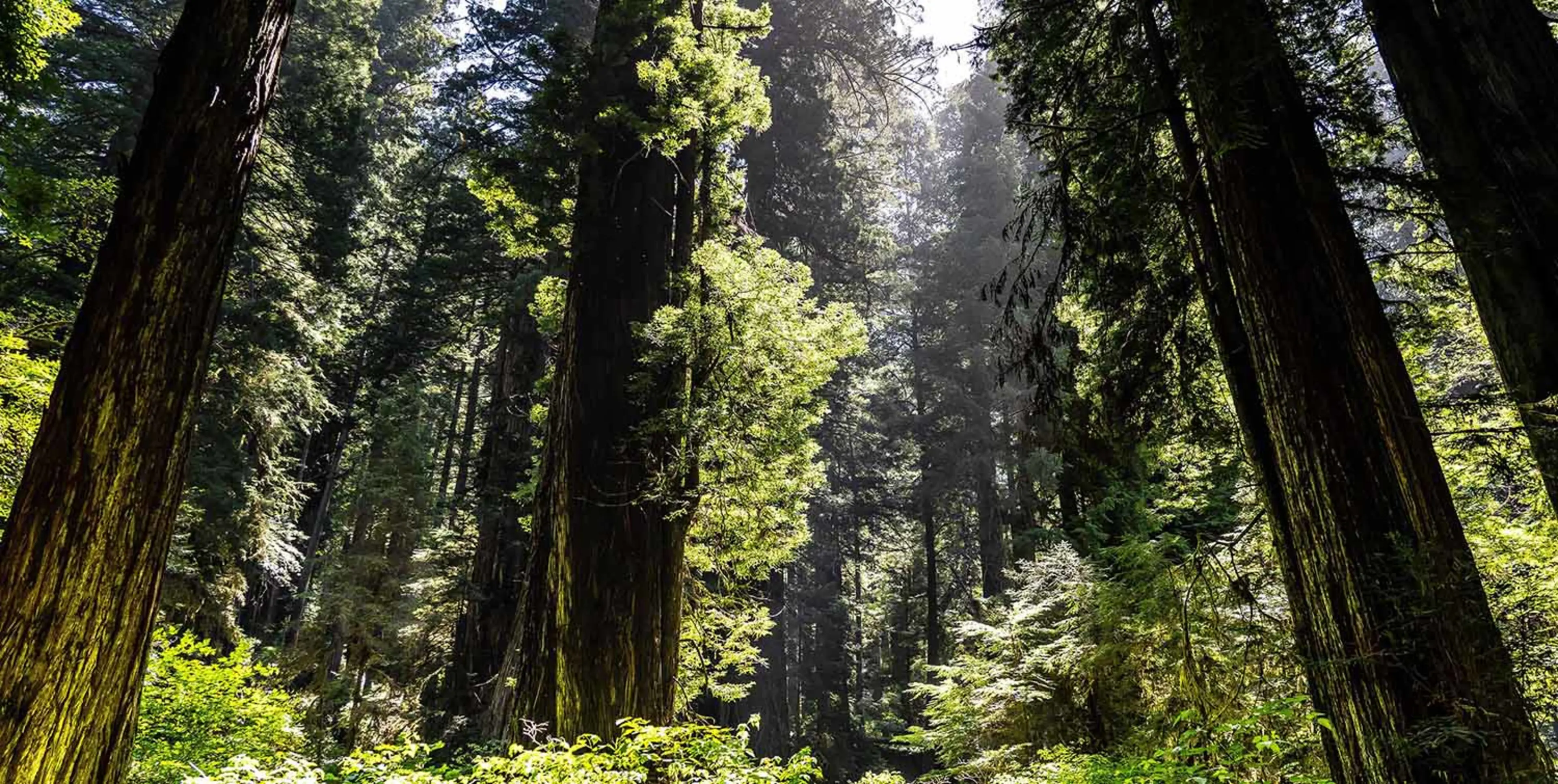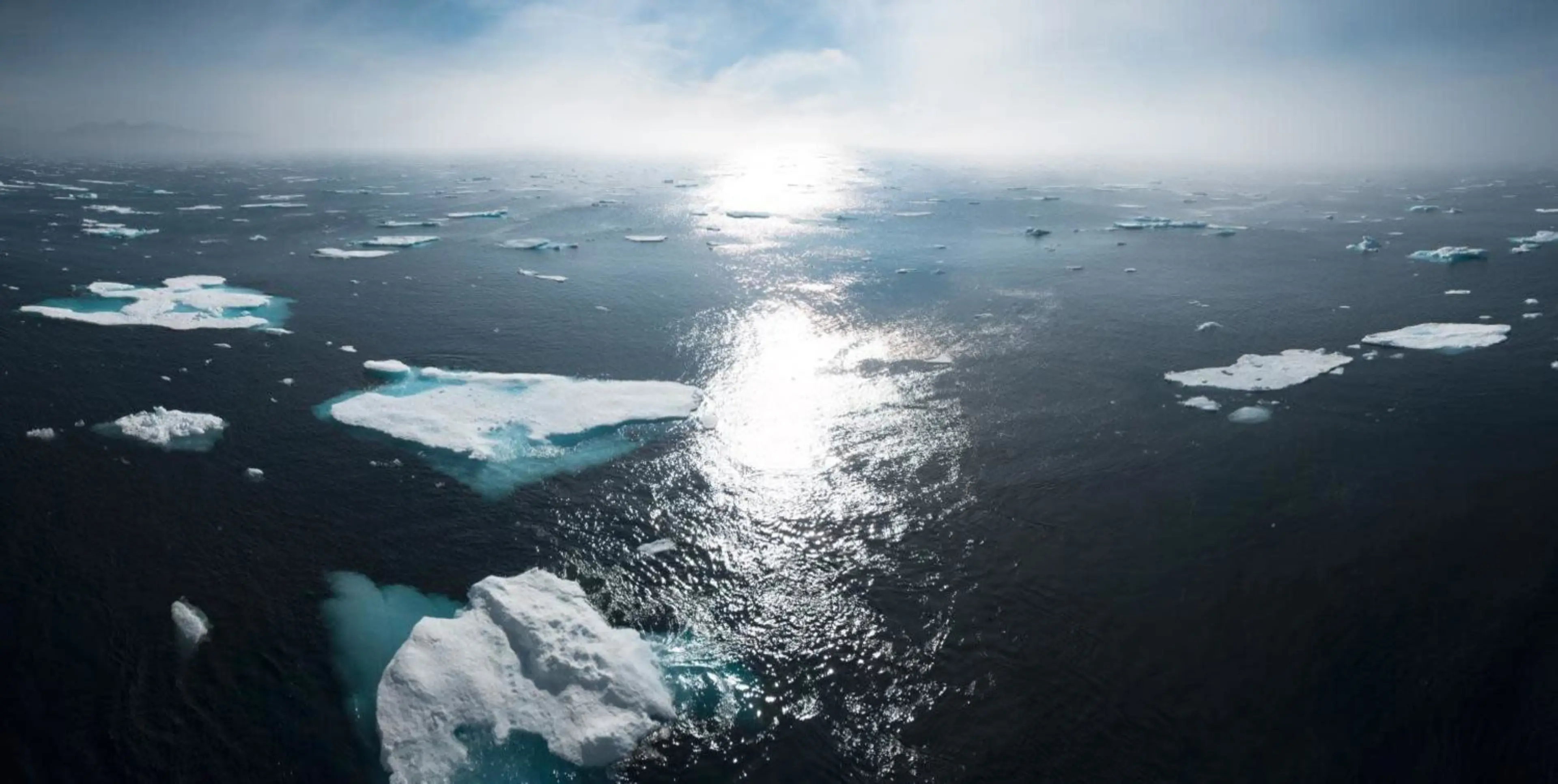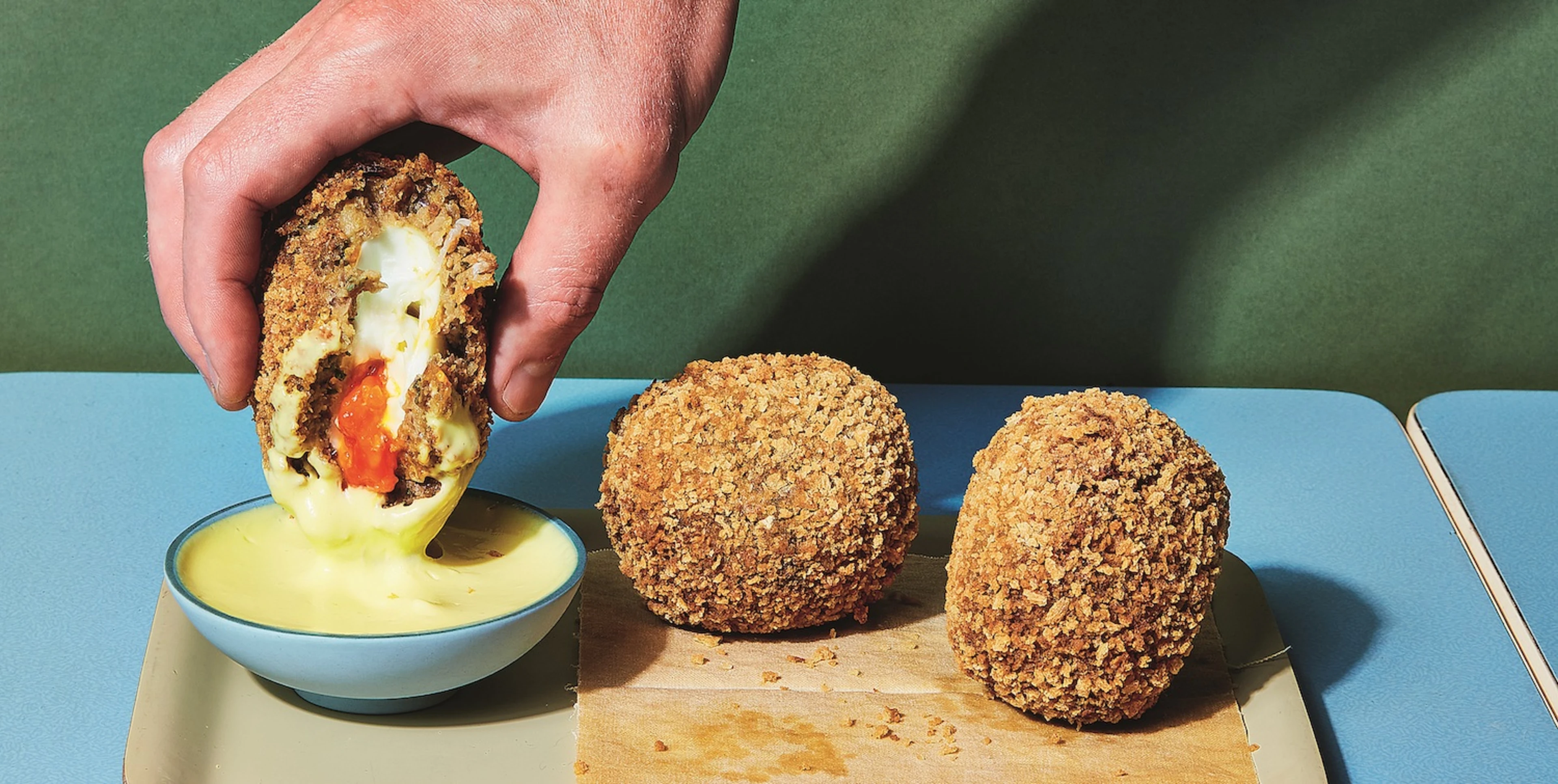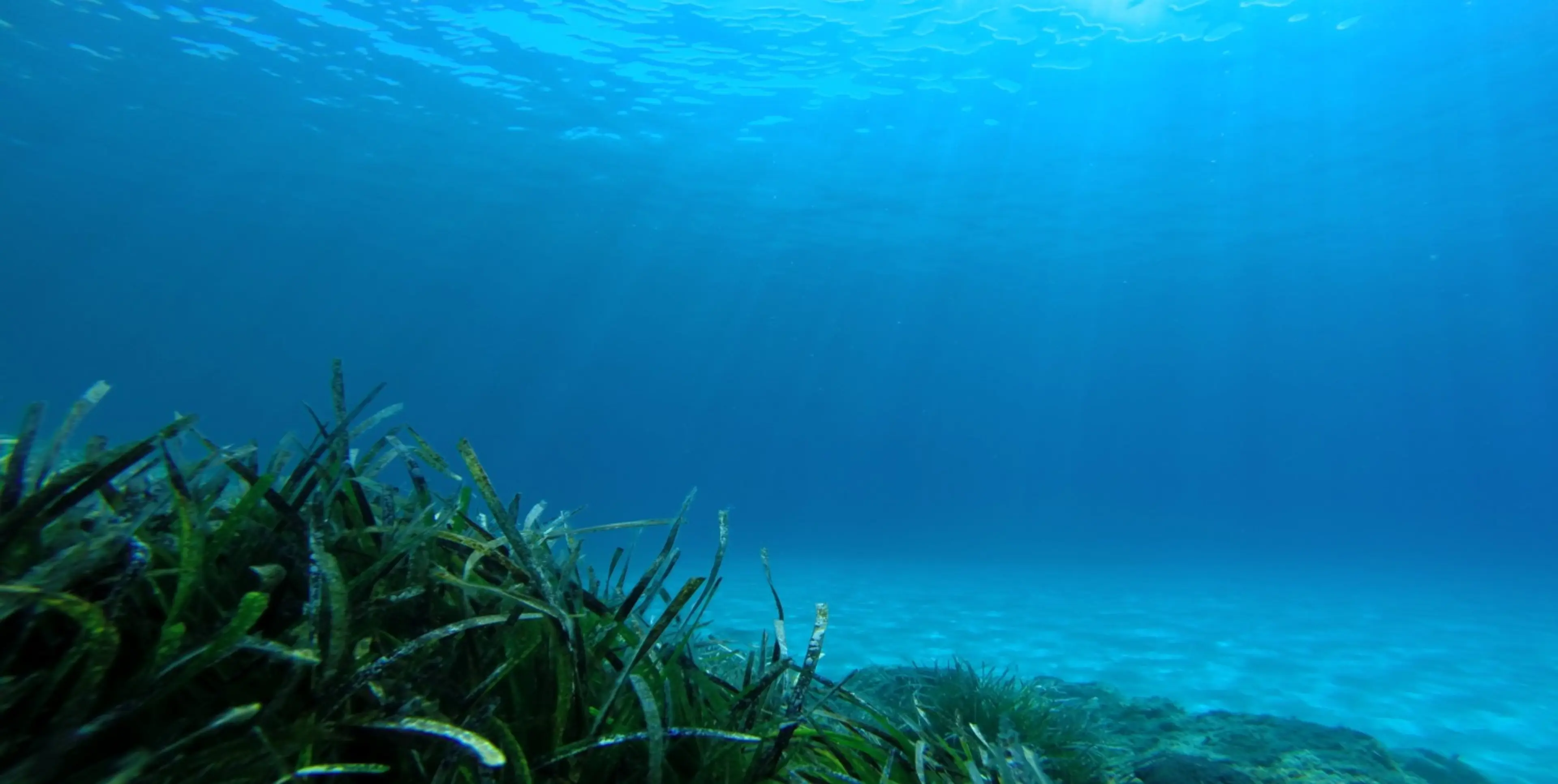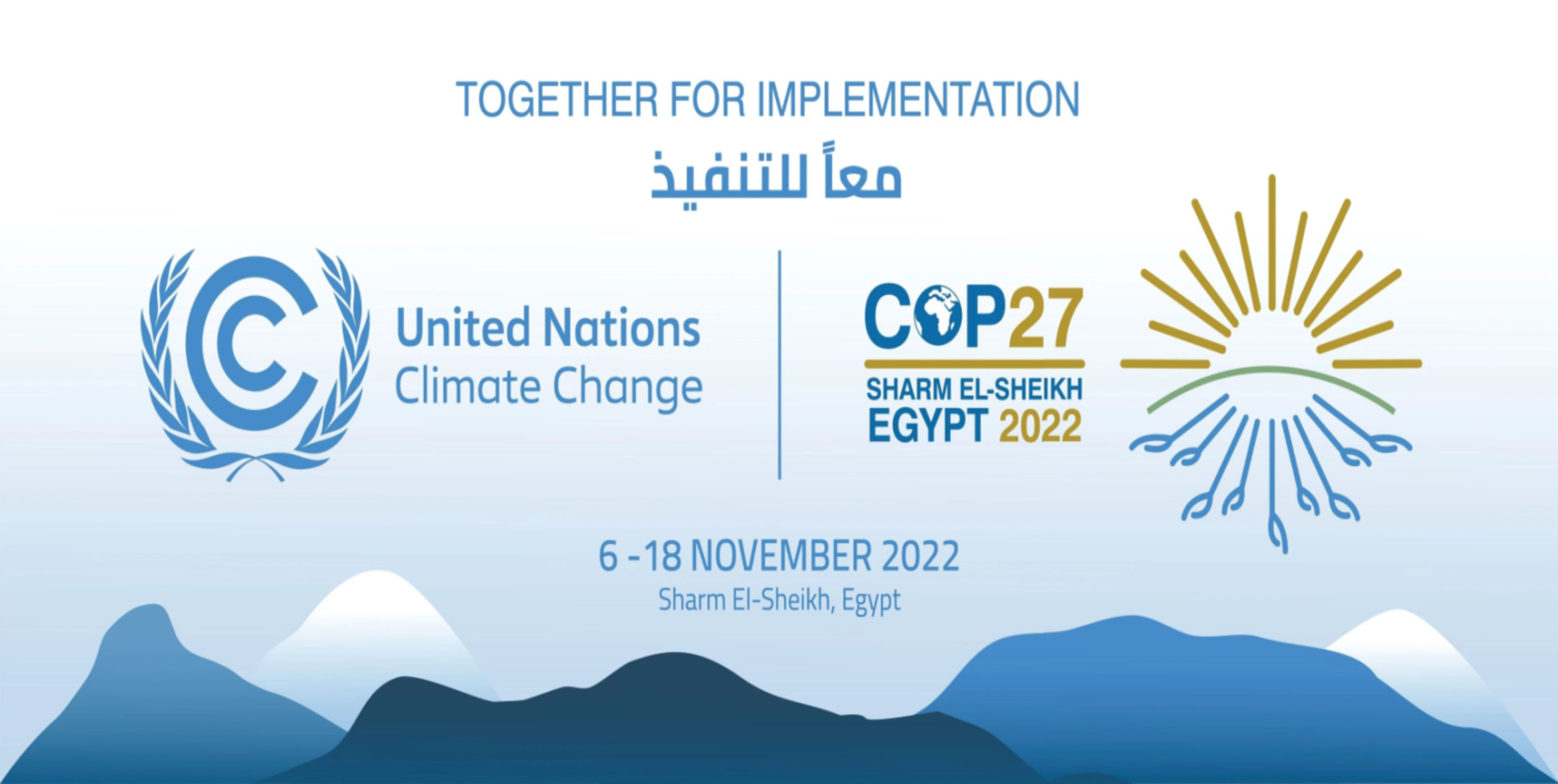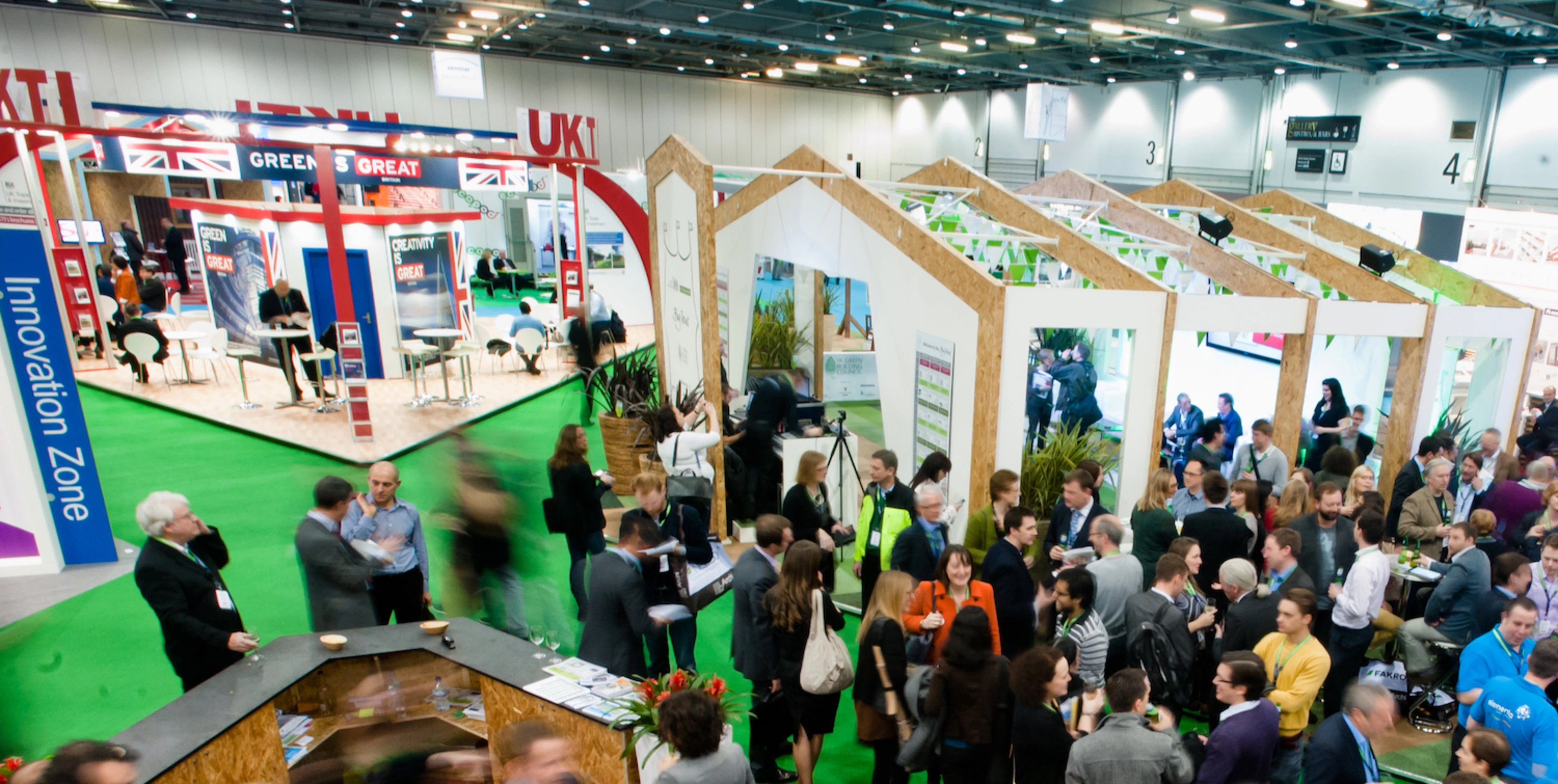Many of the plants and animals we share our planet with are disappearing at the fastest rate in history. Human activity has caused this silent killer: biodiversity collapse. Its effects might not be as immediate as the extreme weather events caused by human-induced global warming, but its threat is just as potent to the health of our planet.
But we still have time to save these valuable ecosystems and stop species vanishing from our planet forever. Below, we examine what this will involve, how we have reached this point, and how joining Pinwheel will allow you to take meaningful action in the fight against biodiversity collapse.
Supporting life and delivering beauty: the importance of biodiversity
Diversity in plants and animals sustains life on our planet. It provides us with access to clean air, water, food and arable land. As they naturally capture carbon, forests and oceans also play a crucial role in maintaining a healthy balance of CO2 in our atmosphere. If predictions of an extinction event that has not been seen since the end of the dinosaurs pan out, all these would be irreversibly destroyed, plunging our planet into crisis.
But we’d also lose something less tangible but equally as crucial: the beauty of nature. Species-filled savannahs would be no more, rainforests could no longer teem with life and our oceans left void of everything from majestic whales to schools of reef-dwelling fish. Our planet would be stripped of what makes it unique: sustaining a diverse range of awe-inspiring flora and fauna.
Being able to observe this, no matter where we are in the world, is essential to our wellbeing as a species. If current predictions are realized, all that would be left in its place would be the documentation of our own extinction, an incredibly sad and ultimately self-inflicted conclusion to our time on this planet.
This does not have to be the legacy we leave for future generations, but unless urgent action is taken, we will be left with no choice. To assess what form this action should take, we first need to see how we reached this point.
What human activities have caused large-scale biodiversity loss?
Several key aspects of human activity post-industrialization have led us to this unprecedented point. These are:
Altering habitats – whether it’s to grow food or expand cities, huge swathes of natural habitats have been either destroyed, fragmented, or seen a reduction in their quality. This also eliminates nature’s flood defenses, meaning that as flooding becomes more severe due to global warming, plants, animals, and humans alike are much less protected from damage.
Hunting, logging, harvesting and fishing – all of these have led to the over-exploitation of plants and animals. For example, since logging began, nearly 50% of all trees have been cut down and currently one third of the word’s fisheries are at their biological limit.
Accelerating climate change – climate change affects biodiversity in multiple ways. It changes how species are distributed, destroys habitats by increasing extreme weather and even alters reproduction patterns.
Polluting habitats – untreated waste, pollutants from industrial processes and oil spills all wreak havoc on plants and animals, killing anything in their path, while also making areas uninhabitable.
Introducing invasive species – non-native species cause increased competition for food, can pray on native species and spread disease. Japanese knotweed, for example, is estimated to cause £166 million of damage a year in the UK alone.
High-quality reforestation, species protection and conservation: how we can turn the tide on biodiversity loss
The need for a united global front against the biodiversity crisis is clear. What is often hard to know, however, is what we can do at a personal level.
Through Pinwheel our customers can directly play their part in combatting the biodiversity crisis by supporting projects that both restore and protect the natural world to ensure our planet remains home to the breathtaking range of species we are all so fortunate to share nature with. Some highlights from the projects are:
Eden Reforestation Projects – by employing local people to replant the forests they have traditionally relied on for food and shelter, supporting Eden means you are transforming lives alongside reestablishing vital ecosystems. Ocean Rescue is supporting high-quality coastal reforestation in Mozambique:
Mozambique – this east African country was once home to sprawling mangrove networks and towering forests. But with 45% of the population living below the poverty line, these have been felled to provide vital food and shelter. Subscribing to Ocean Rescue means you can help break this cycle, restoring Mangroves in Maputo Bay while adding to the nearly 500,000 workdays already created for local communities.
The Save Me Trust – wild animals have no voices with which to defend themselves – Save Me ensures this is never the case. Founded by Queen’s Brian May, the charity uses campaigning and lobbying to change the law, tackling the root causes of why species are declining from our planet at the fastest rate in history. The key projects included in Wilderness are:
Project Amazing Grace – supports, strengthens, and promotes organizations dedicated to reversing the trend of destruction of ocean environments around the world. By subscribing to Ocean Rescue plan you can support their large-scale seagrass and mangrove restoration project at the Jobos Bay National Estuarine Research Reserve in Puerto Rico.
Rewilding for Wildlife – habitat loss has devastated Britain’s biodiversity. Through Rewilding for Wildlife, Save Me is rebuilding these ecosystems. Crucially, this is always done in line with the existing flora and fauna, ensuring high quality regrowth designed to sustain wildlife for centuries.
The Ocean Foundation - supports, strengthens, and promotes organizations dedicated to reversing the trend of destruction of ocean environments around the world. By subscribing to Ocean Rescue plan you can support their large-scale seagrass and mangrove restoration project at the Jobos Bay National Estuarine Research Reserve in Puerto Rico.
Seagrass Grow – not only is seagrass crucial for removing carbon dioxide, but it is also an important part of thriving coastal habitats. The Jobos Bay Reserve provides sanctuary to endangered species including the brown pelican, peregrine falcon, hawksbill sea turtle, green sea turtle, several species of shark, and the West Indian manatee.
SEE Turtles - around the world, six out of seven species of sea turtles are either threatened or endangered and SEE Turtles has been a leader in sea turtle conservation since 2008. As a "keystone species" sea turtles are an important part of their environment and influence many other species around them contributing to balanced and healthy reefs, seagrass beds and beaches. Supporting this project means you too can help support turtle hatchlings and protect these beautiful and gentle creatures.
We have time to work together to preserve the vast array of plants and animals that share our planet. As shown by the projects above these vital and pressing initiatives are already underway and being supported by Pinwheel.
